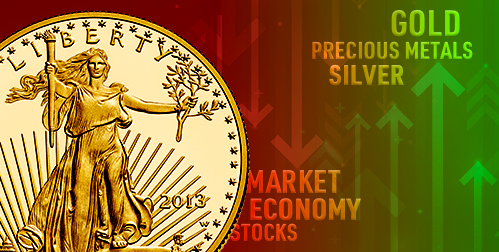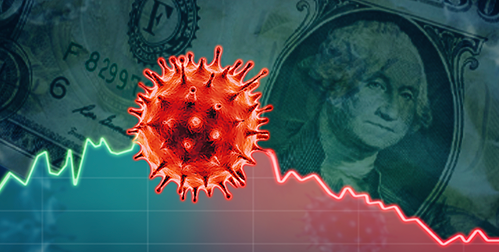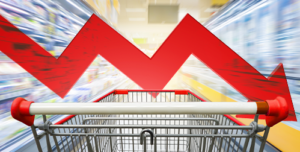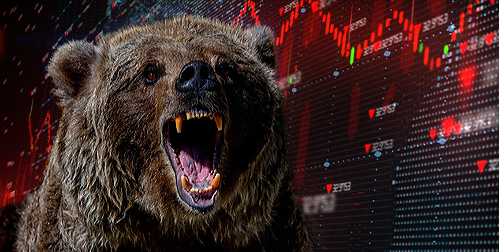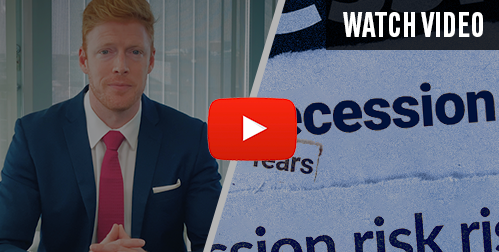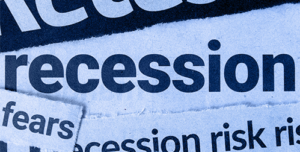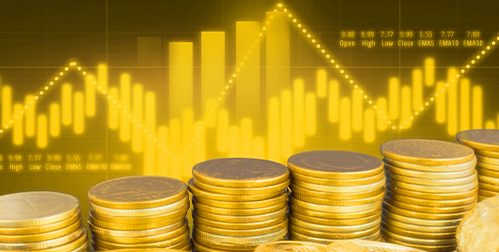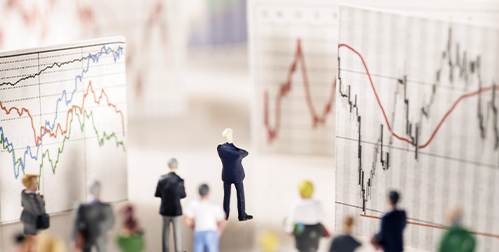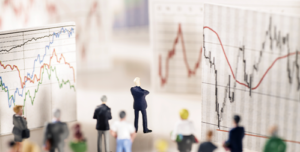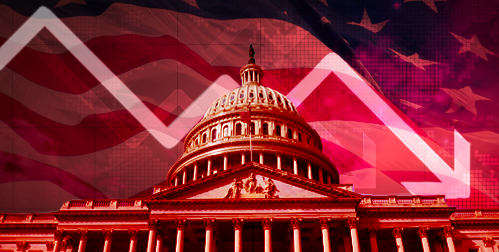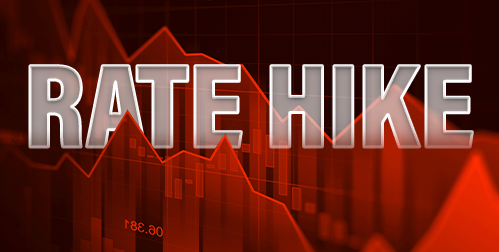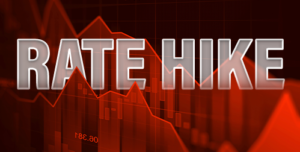- The price of gold rose alongside fears of a global recession
- Both increases are fueled by lingering inflation, interest rate hikes and global uncertainty
- Gold demand is being amplified by central banks looking for safe haven assets
Recession Fears Increase
The price of gold is rising along with concerns about an incoming recession. Persistent inflation, aggressive interest rate hikes and global instability are fueling both increases. Economic leaders are preparing now to make the best from both situations.
CEOs across industries are getting ready for the economic slowdown. JP Morgan CEO Jamie Dimon said inflation is eating up consumer savings. People are running out the money they stockpiled during the pandemic. This will put a damper on consumer spending and slow the economy. In addition, he thinks the Fed’s interest rate hikes meant to curb inflation will push the economy into recession. “It could be a hurricane. We simply don’t know.”1
Mary Barra, CEO of GM, is also preparing for a collapse in demand. GM will move forward conservatively in 2023 cost-wise. She believes the economy will be plagued by chip shortages and strained supply chains through 2023. And Union Pacific Railroad CEO Lance Fritz says shipping is slowing down and the economy is tightening. “The Fed is trying to hit all of us in the line of fire with a slower economy and hurting demand. It’s not good,” said Fritz.2
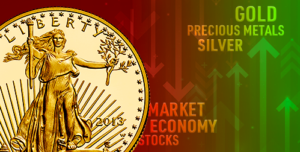
Gold Demand Increases
The economic downturn is amplifying the demand for gold. A Kinesis Money market analyst said, “A global recession with a subsequent flight to haven assets should benefit gold, as should a [Federal Reserve] forced to be less aggressive with its rate hikes to avoid tipping the U.S. economy into recession.”3
Saxo Bank made a bold gold prediction. They think a return to a pre-inflation, pre-pandemic world is impossible. According to them, we have entered a global war economy. Countries are scrambling to shore up their military and economic security. They predict gold will rocket to $3,000 an ounce on unstoppable inflation.
In pursuit of that security, central banks are purchasing gold as global recession fears and international instability mount. They bought 400 tons of gold in the third quarter. The World Gold Council said this was the largest single quarter of demand ever. “What we have seen and expect to continue to see is that central banks continue to diversify their reserves and hedge against risk with gold,” said a World Gold Council representative.4
China bought 32 tons of gold in November. Analysts think China has been building its reserves throughout the year. China, along with many other non G-10 nations, are preparing for ‘deglobalization’. The global economy is heading toward dedollarization. Countries are acquiring gold to protect their economies as the new economic order takes shape. Central banks want the safe haven qualities of gold to diversify their foreign reserves.
Gold futures climbed on projected increased demand. Current prices lifted on a weakening US dollar and US Treasury yields. Weakness in the dollar tends to decrease the opportunity costs for investors considering dollar-priced gold as an option versus other havens. Meanwhile, lower bond yields can raise the prospects for gold against government bonds.
Central banks to CEOs are preparing for a recession and global instability. A key component of that preparation is moving assets into safe havens that thrive in bad conditions. Gold is a proven safe haven asset that can protect country, corporation and individual. Contact us today to learn how our Gold IRA can safeguard your financial future.
